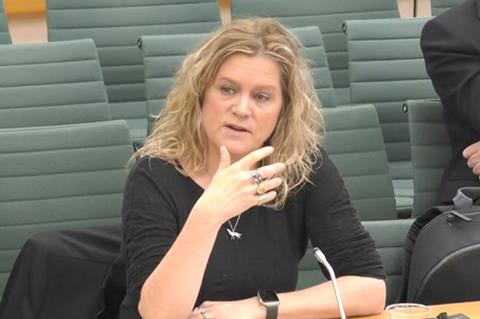This week: tax incentives for UK TV, the visual style of trough TV, Sky Docs production opportunity
Tax incentives for UK TV productions
The dust has now settled on the - very welcome - tax credit for indie film announced in the budget a few weeks ago, and more voices are now urging for similar support for the rest of the UK TV production sector. In particular for British-specific content that doesn’t travel as well interna…
Keep reading with a 7-day free trial
Subscribe to Business of TV to keep reading this post and get 7 days of free access to the full post archives.





